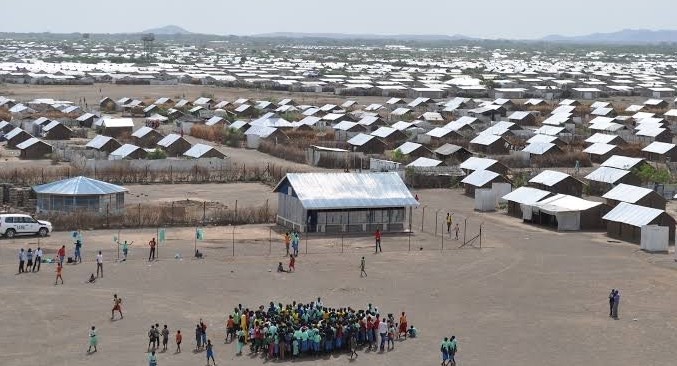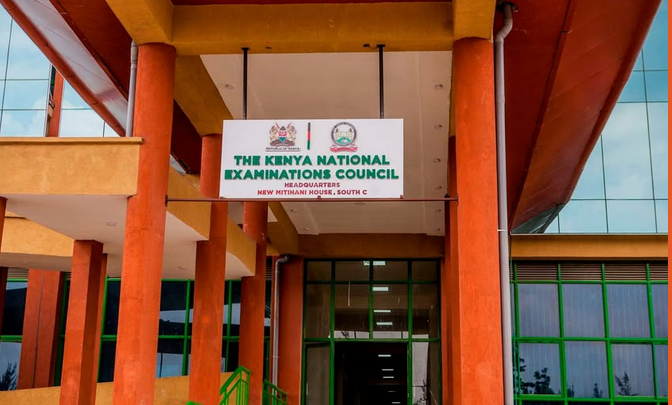Refugee group raises alarm over lending traps facing displaced families

Kakuma Refugee Camp hosts 306,414 refugees from countries including South Sudan, Somalia, Ethiopia, Burundi and the Democratic Republic of Congo.
A refugee rights organisation has cautioned that thousands of displaced people in Kenya are being exposed to harmful lending arrangements because they are locked out of recognised credit systems.
The Refugee Consortium of Kenya said many refugees, especially in Turkana County, depend on informal lenders who take advantage of their lack of documentation, pushing families deeper into financial stress.
More To Read
- Trump faces rising backlash over remarks targeting Somali immigrants
- Turkana marks World AIDS Day with stark warning over rising HIV infections
- Kenya’s refugee population hits 860,000 as State pushes integration plan
- African Commission hails Côte d’Ivoire’s move to protect displaced populations
- Review meeting highlights barriers to immunisation, maternal health in Turkana
- Uganda stops granting refugee status to nationals from Ethiopia, Somalia and Eritrea
During a briefing with the Turkana County Assembly on Thursday, Executive Director Barlet Colly Jaji said the barriers faced by refugees have created a widening gap between those with access to economic opportunities and those without.
He told leaders that many households in both refugee and host communities are left battling daily hardships with limited support.
“Growing inequalities leave many people struggling to meet basic needs while concentrating resources among a privileged few. The systemic inequalities perpetuate cycles of poverty and limit economic mobility for marginalised groups,” Jaji said.
He said exclusion from regulated financial systems has opened the door to harsh borrowing terms that stunt the growth of small traders, limit the expansion of local businesses and make it difficult for families to build stable lives.
According to him, many of the people affected are trying to start or grow micro-enterprises but lack the basic identification required by formal lenders.
“Access to financial services and credit due to a lack of documentation exposes many communities to predatory lending practices. This, in turn, makes them face exclusion from basic economic tools. Small and micro entrepreneurs need legal frameworks that create a conducive environment free from unfair competition,” he said.
Jaji stressed that despite facing these obstacles, refugees remain a key part of the local economy, particularly in Turkana, where Kakuma and Kalobeyei have created strong commercial activity.
He noted that refugee settlements are now part of a wider trade network that supports shops, transport operators, farmers and other small businesses across the county.
According to figures shared by RCK from a UNHCR May 2025 report, Kakuma Refugee Camp hosts 306,414 refugees from countries including South Sudan, Somalia, Ethiopia, Burundi and the Democratic Republic of Congo.
They live alongside 103,632 residents living around the settlements.
National data shows Kenya hosts 853,074 refugees and asylum seekers as of February 2025, placing the country among the top five refugee-hosting nations on the continent.
Findings by the Kenya National Bureau of Statistics show that refugee presence boosts Turkana County’s Gross Regional Product by more than three per cent.
It also raises income per resident by 0.5 per cent and increases overall employment by about three per cent through wider spending, trade and the demand created within the camps.
“Refugees are not just aid recipients; they are economic actors who contribute to local markets, create jobs, and drive trade, and adding that economic justice must be recognised as a fundamental human right,” Jaji said.
Top Stories Today















































